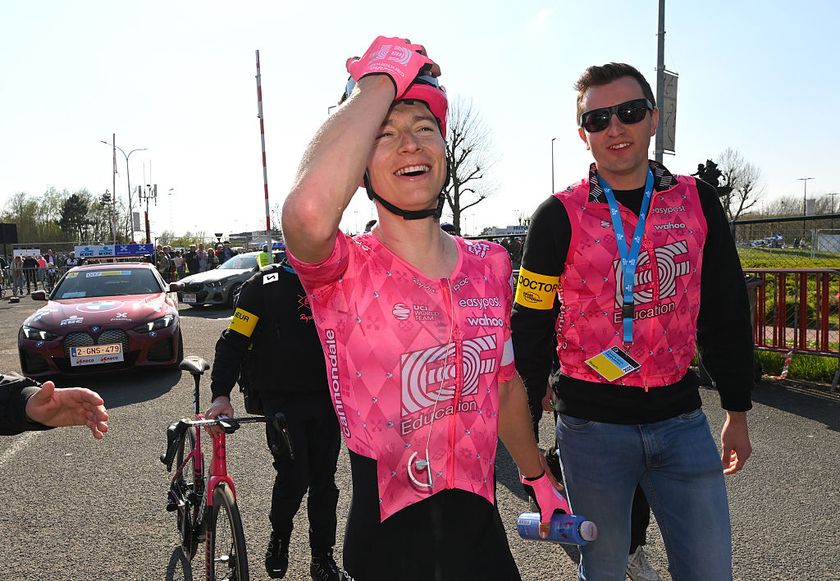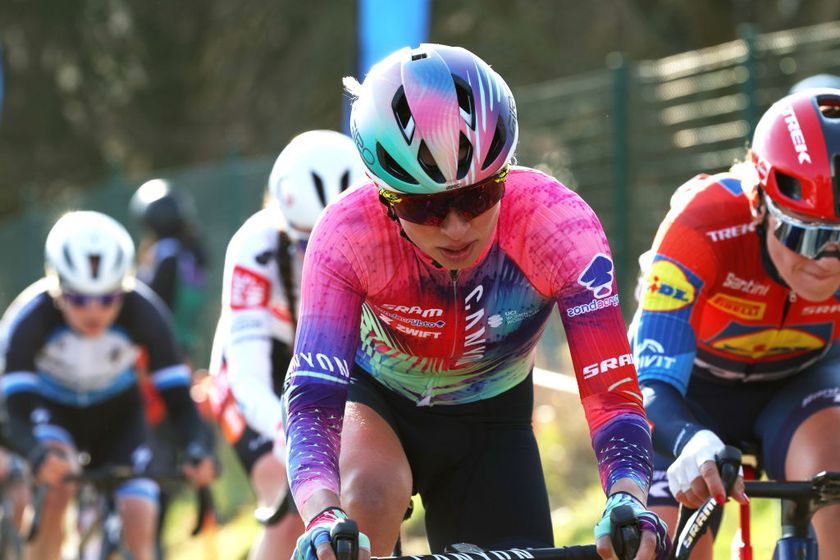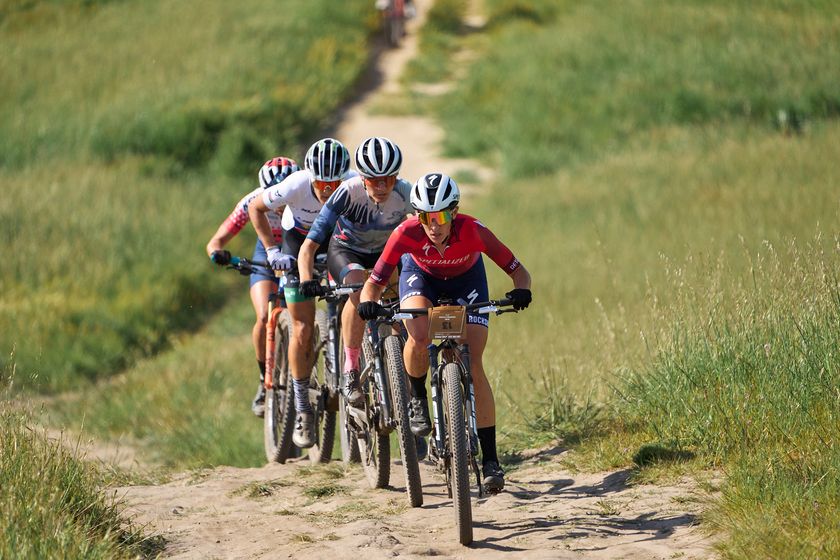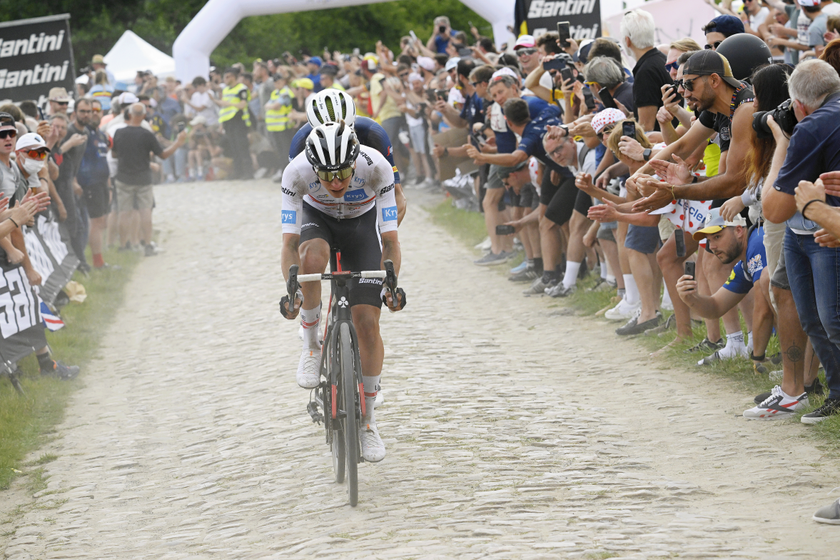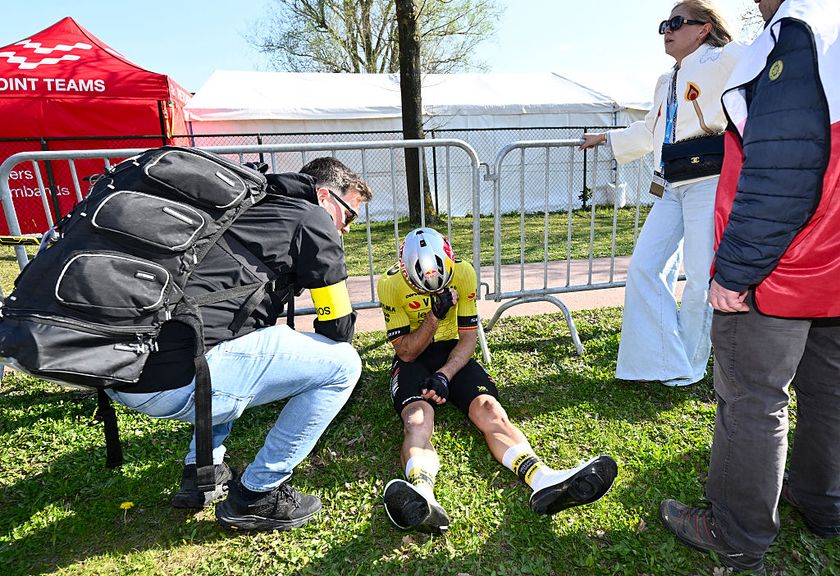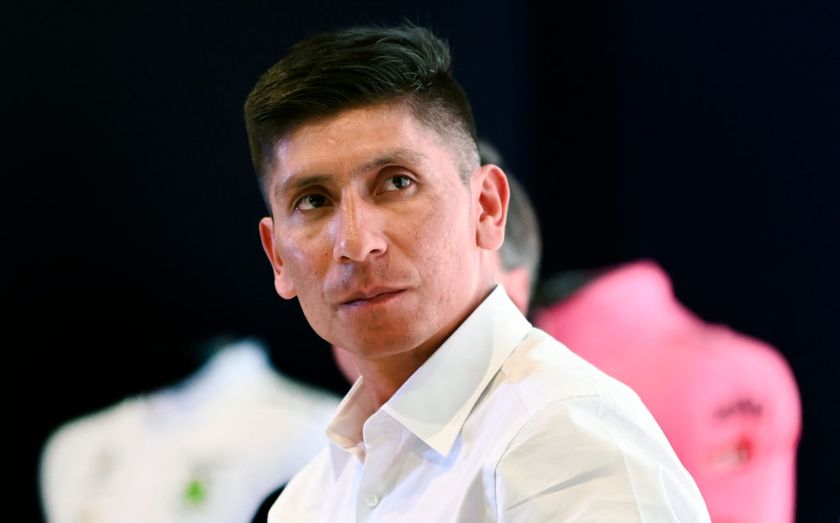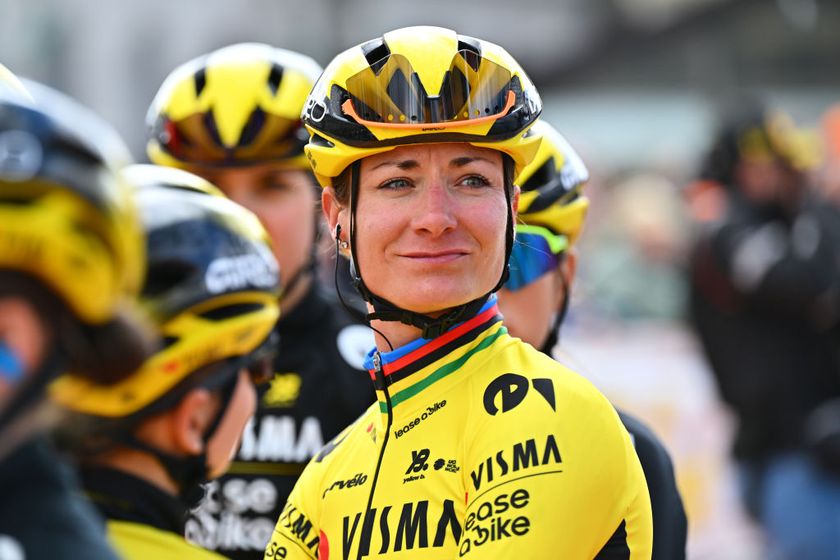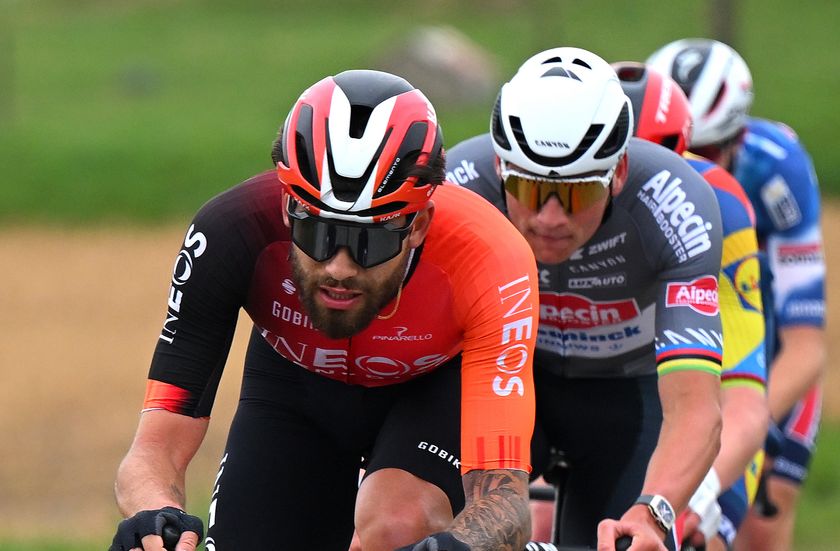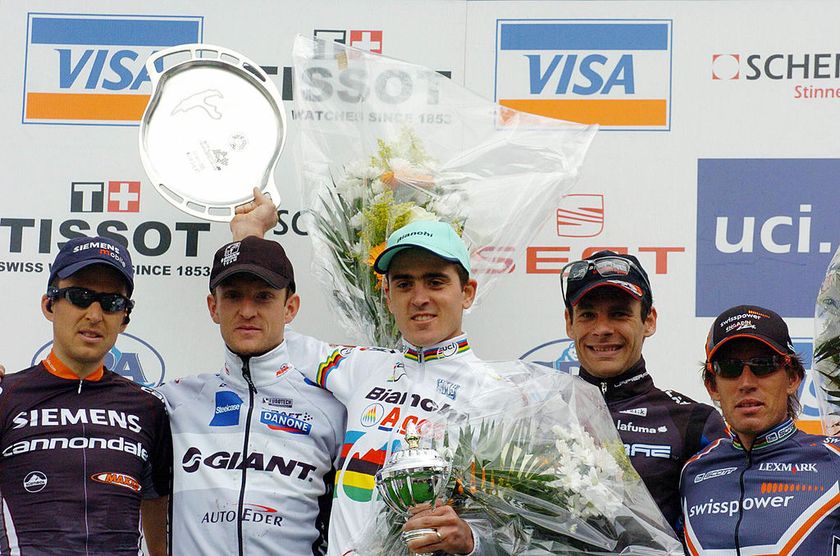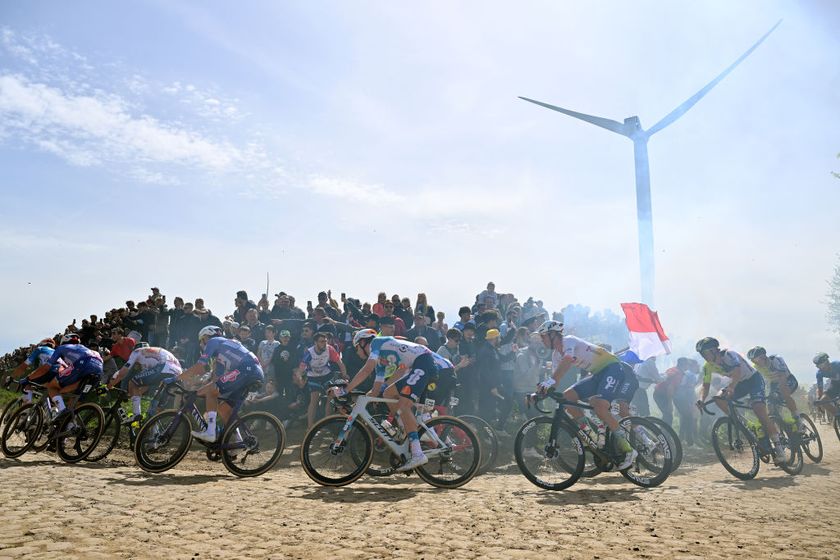Nibali resists the call of history on the Galibier
Sicilian defends maglia rosa at Pantani monument



The scene was set for a legendary impresa but Vincenzo Nibali (Astana) settled for a controlling brief and an implacable defence of his overall lead on the Col du Galibier on stage 15 of the Giro d’Italia.
The risk of an avalanche atop the mighty pass meant that the finish line was brought forward four kilometres to Marco Pantani memorial, situated at the precise spot where he launched his winning attack at the Tour de France in 1998, and the morning’s newspapers had latched onto the symbolism of the occasion with gusto.
The vacuum left by Pantani’s death is a considerable one, and there seems to be a campaign of sorts in Italy to try and nudge the Shark towards the kind of rarefied atmosphere once occupied by the late Pirate. But Nibali is a different style of rider and, so we are told, cycling is a changing sport.
On the Galibier on Sunday, Nibali set Italian hearts aflutter with one, short acceleration two kilometres from home, but his eye was on his steady march towards final overall victory rather than making one giant leap into the history books. The Sicilian finished the stage in 7th, alongside Cadel Evans (BMC) and Rigoberto Uran (Sky), maintaining an overall lead of 1:26.
“For me it was a good day. We monitored things,” Nibali said. “I tried an acceleration, but since nothing happened, I preferred to control the general classification. Cadel Evans is very close, so I had to control him and Rigoberto Urán, is also very strong and could be a threat.”
Nibali refused to make any grand promises about winning a stage before the race reaches Brescia next weekend. “If it’s possible, yes, but today it was very hard,” he said. Indeed, rather than thinking of solo exploits, Nibali must have been relieved that his illness-hit Astana team put in its most robust collective performance to date on the approach to the Galibier.
“I anticipated an attack from [Michele] Scarponi so I stayed close to Fabio Aru, Tanel Kangert and Valerio Agnoli, who pulled a lot,” he said. “In the final, it was very cold, thankfully it didn’t rain, but we’ve all been through a very hard week, not so much because of the climbs but because of the rain.”
Get The Leadout Newsletter
The latest race content, interviews, features, reviews and expert buying guides, direct to your inbox!
The desire for a new Pantani is unrelenting, however, and Nibali was again pressed on why he opted to control his rivals rather than deliver spettacolo. He politely explained that his focus is on working the clock at this year’s Giro rather than trying to produce feats that stand the test of time.
“Trying to attack and do something bello is one of my characteristics but when I’m wearing the maglia rosa I just want to build a good advantage over my direct rivals,” Nibali said. “Today it was difficult to gain anything. I tried, but it was too difficult, so then I stayed marking the others. In other conditions, when I’m not wearing the jersey, I could attack looking for the stage win.”
Although Nibali is confident in his ability to perform in cold conditions, he was visibly shivering through the podium ceremonies at Jafferau on Saturday. He endured another afternoon of frigid temperatures on the Galibier, and his gaunt face wore visible fatigue as he crossed the line and gingerly rolled towards the podium area, assisted by a soigneur.
Snow was falling softly near the Pantani memorial at the finish, but the days that separate Nibali from final overall victory are softly falling away too. Rather than producing a day to live in history, his focus is understandably instead on avoiding the dreaded jour sans, particularly given the conditions on this Giro.
“Last year I never had an off day. I just had a problem with a pulled muscle on the last mountain stage at the Tour,” Nibali said. “But a bad day can happen to anyone.”

Barry Ryan was Head of Features at Cyclingnews. He has covered professional cycling since 2010, reporting from the Tour de France, Giro d’Italia and events from Argentina to Japan. His writing has appeared in The Independent, Procycling and Cycling Plus. He is the author of The Ascent: Sean Kelly, Stephen Roche and the Rise of Irish Cycling’s Golden Generation, published by Gill Books.
